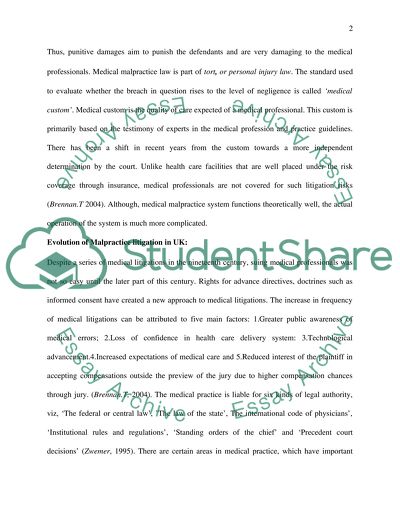Cite this document
(“Healthcare Ethics and Law Essay Example | Topics and Well Written Essays - 2000 words”, n.d.)
Healthcare Ethics and Law Essay Example | Topics and Well Written Essays - 2000 words. Retrieved from https://studentshare.org/miscellaneous/1526131-healthcare-ethics-and-law
Healthcare Ethics and Law Essay Example | Topics and Well Written Essays - 2000 words. Retrieved from https://studentshare.org/miscellaneous/1526131-healthcare-ethics-and-law
(Healthcare Ethics and Law Essay Example | Topics and Well Written Essays - 2000 Words)
Healthcare Ethics and Law Essay Example | Topics and Well Written Essays - 2000 Words. https://studentshare.org/miscellaneous/1526131-healthcare-ethics-and-law.
Healthcare Ethics and Law Essay Example | Topics and Well Written Essays - 2000 Words. https://studentshare.org/miscellaneous/1526131-healthcare-ethics-and-law.
“Healthcare Ethics and Law Essay Example | Topics and Well Written Essays - 2000 Words”, n.d. https://studentshare.org/miscellaneous/1526131-healthcare-ethics-and-law.


